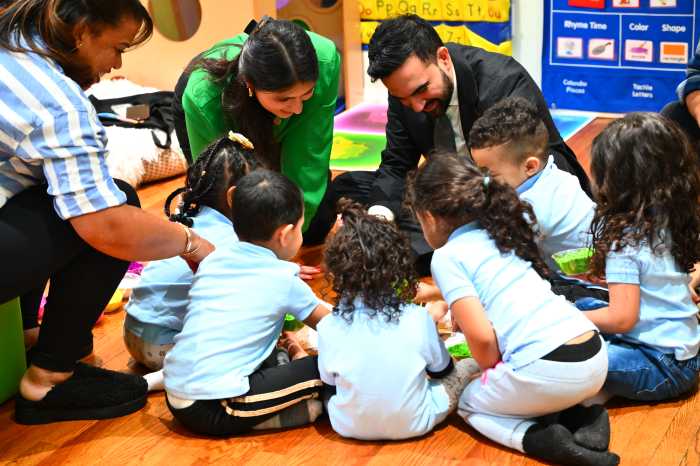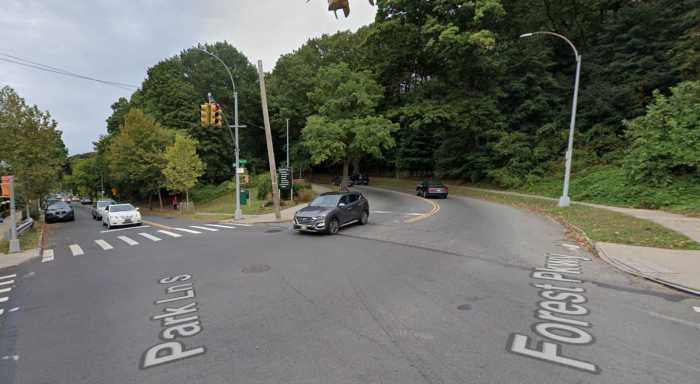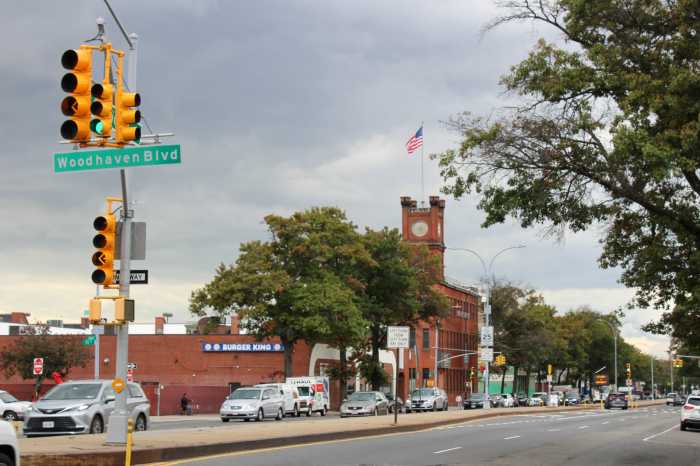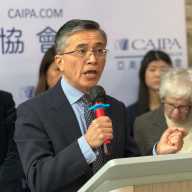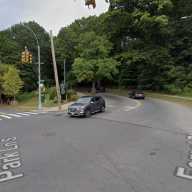Translators and appropriate documents will be at voting stations with large Bengali populations this November, a Board of Elections (BOE) official said, after it was announced the language would not be an option on this year’s ballots, much to the chagrin of officials and residents.
The BOE’s vendor, Election Systems & Software LLC (ES&S), had “significant technical difficulties” changing its voting system, said BOE spokesperson Valerie Vasquez. BOE staff met with ES&S and determined the changes — and the needed for state certification — would not be feasible by this November, she said. The vendor is continuing to work on making the changes ready for elections in 2013.
Ballots are required, under the federal Voting Rights Act, to have the native languages of an area’s population where five percent of eligible voters have below average English skills. Census data released last year showed an increasing number of Bengali residents in the borough and thus required by law to be used on ballots in select areas.
Other prominently spoken languages in the borough, including Spanish, Chinese and Korean, will not be affected by the difficulties, Vasques said.
Materials and personnel will be provided to Bengali-speaking voters, she said, to remedy the difficulties some may face when casting their ballots.
“The Board has taken important steps to address the language community’s needs until ballot placement can be achieved, and continues to reach out to community representatives through an established working group,” she said. “Steps planned include a translated candidate name list for use by voters, as well as a sample ballot poster for the November general election, together with translated posters, other written materials and signage.”
This is not enough to some, however, as politicians and community members spoke out soon after the announcement, demanding something be done to ensure the legal requirements are enacted.
“Data released a year ago told us what we already knew in our area of Queens County – that a significant segment of the population speaks Bengali (also known as Bangla), Punjabi, and Hindi,” Assemblymember David Weprin said. “It is not enough to provide interpreters or translated materials. Asian-Indians in Queens are covered under the provisions of the Voting Rights Act and anything less than full compliance is an injustice.”
Queens has a number of South Asian populations that will be affected by these changes, including Richmond Hill, Ozone Park, Queens Village and Jackson Heights.
Vishnu Mahadeo, a Richmond Hill advocate originally from Guyana, said in the past the BOE had not taken responsibility to help Bengali voters.
Mahadeo, who heads the Richmond Hill Economic Development Council and is a coordinator with the BOE, said he has tried in the past to get interpreters hired for Bengali residents, predominately in South Ozone Park, and for Punjabi and Hindi residents in Ozone Park and Richmond Hill.
The problem Mahadeo says he’s run into, however, is a miscommunication between the BOE and the community. Many residents have been under the impression that citizenship is required to work for the BOE. All that is required, Mahadeo said, is proficiency in a language and permanent residency.
Weprin, who pushed for multi-lingual ballots in the Legislature, expressed disappointment the language would not be available to Bengali-speaking voters.
“Our practice should be to provide ballots in the languages of the Asian Indian communities to encourage voter participation, not fall short of our promises to accommodate these populations,” Weprin said. “This is a very important election and voter suppression simply can not be tolerated in our Democracy.”
Bengali ballots should be released for elections, Weprin said, or other options needed to be taken.
“We must stay on top of this issue and demand this mandate be implemented,” he said. “Otherwise we will have to consider other options to ensure the Board of Elections complies with this law.”

